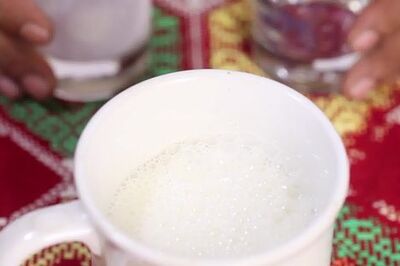
views
A wife’s “persistent insistence” on living separately from in-laws without a justifiable reason is “torturous” for the husband and is an act of cruelty, the Delhi High Court said recently. An acrimonious atmosphere at home cannot be a conducive environment for parties to forge a cordial conjugal relationship and is bound to be a source of mental cruelty, court said.
A Division Bench of Justice Suresh Kumar Kait and Justice Neena Bansal Krishna, while granting divorce to an estranged couple, said: “In the present case as well, the respondent has not been able to show any justifiable reason for her insistence to have separate residence. However, this is brought forth from an out-of-court settlement which the parties have entered into to live separately but thereafter, she went back to live in the matrimonial home with other family members. The only inference that can be drawn is that her insistence to live separately from the other family members was whimsical and had no justifiable reason. Such persistent insistence can only be termed as an act of cruelty.”
The husband, in the present case, assailed a family court order refusing to grant divorce. He sought dissolution of marriage on several grounds under the Hindu Marriage Act, including that the wife was a “quarrelsome lady” who did not show respect to the elders at the matrimonial home and insisted that he reside separately from his parents.
The wife contended that she was subjected to extreme torture by the appellant and his family members since the first day of marriage, as a result of which she decided to move out and reside separately. On 20.07.2007, when she was medically examined, both the appellant and his father were arrested under Section 107/151 of the Code of Criminal Procedure, 1973 for insulting and beating her.
It was observed by the court that testimony of the appellant did not reveal any act of the respondent that could be termed as physical or mental cruelty and the incidents alleged reflected only normal wear and tear of day-to-day life.
While allowing the appeal, the court also reiterated that lodging false complaint against the husband and his family members is an act of cruelty for the purpose of Section 13(1)(ia) of the Hindu Marriage Act, 1955.
“In normal circumstances, the wife is expected to be a part of the family of the husband after her marriage. She becomes integral to and forms part of the family and husband and normally without any justifiable strong reason, she should never insist that her husband should get separated from the family and live with her separately,” the Supreme Court had held in Narendra v K Meena (2016) case, which was primarily relied upon by the Delhi HC in the present case.




















Comments
0 comment